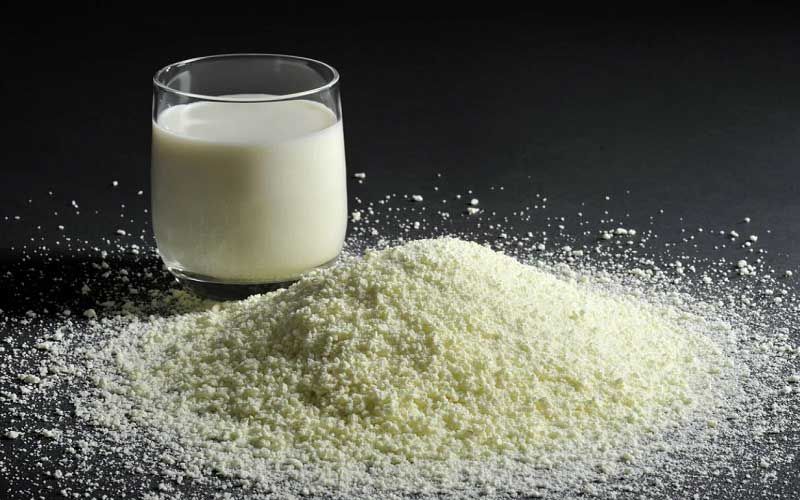New Milk Drying Plant in Jiquilpan Set to Boost Michoacán's Dairy Industry by 2026
Sourse: mx.edairynews.com
A milk drying plant in Jiquilpan, Michoacán, is projected to start operations in 2026, offering significant benefits for local farmers.

The Liconsa milk drying plant, currently under construction in Jiquilpan, Michoacán, is anticipated to begin operations by 2026, according to Cuauhtémoc Ramírez Romero, head of the Sader in Michoacán. This project aims to support local farmers by increasing demand for milk, thereby promoting genetic improvement of the cattle to ensure sufficient supply for the plant.
The plant, initially abandoned after being constructed during the era of President Lázaro Cárdenas, has been revitalized with the goal of producing 30,000 kilograms of powdered milk daily. Utilizing approximately 300,000 liters of milk, this initiative will create 100 direct jobs and 300 indirect jobs, benefiting the regions of Michoacán, Jalisco, and Colima.
Expected to enhance the state's dairy production, the plant's output will be distributed through 'Tiendas del Bienestar' in collaboration with Segalmex. Michoacán, which produced over 382 million liters of milk in 2023, has key production municipalities like Buenavista, Coalcomán, and Tepalcatepec contributing significantly to its dairy economy, further highlighted by the annual production of over 300 million liters of milk.
The plant, initially abandoned after being constructed during the era of President Lázaro Cárdenas, has been revitalized with the goal of producing 30,000 kilograms of powdered milk daily. Utilizing approximately 300,000 liters of milk, this initiative will create 100 direct jobs and 300 indirect jobs, benefiting the regions of Michoacán, Jalisco, and Colima.
Expected to enhance the state's dairy production, the plant's output will be distributed through 'Tiendas del Bienestar' in collaboration with Segalmex. Michoacán, which produced over 382 million liters of milk in 2023, has key production municipalities like Buenavista, Coalcomán, and Tepalcatepec contributing significantly to its dairy economy, further highlighted by the annual production of over 300 million liters of milk.
Key News of the Week










